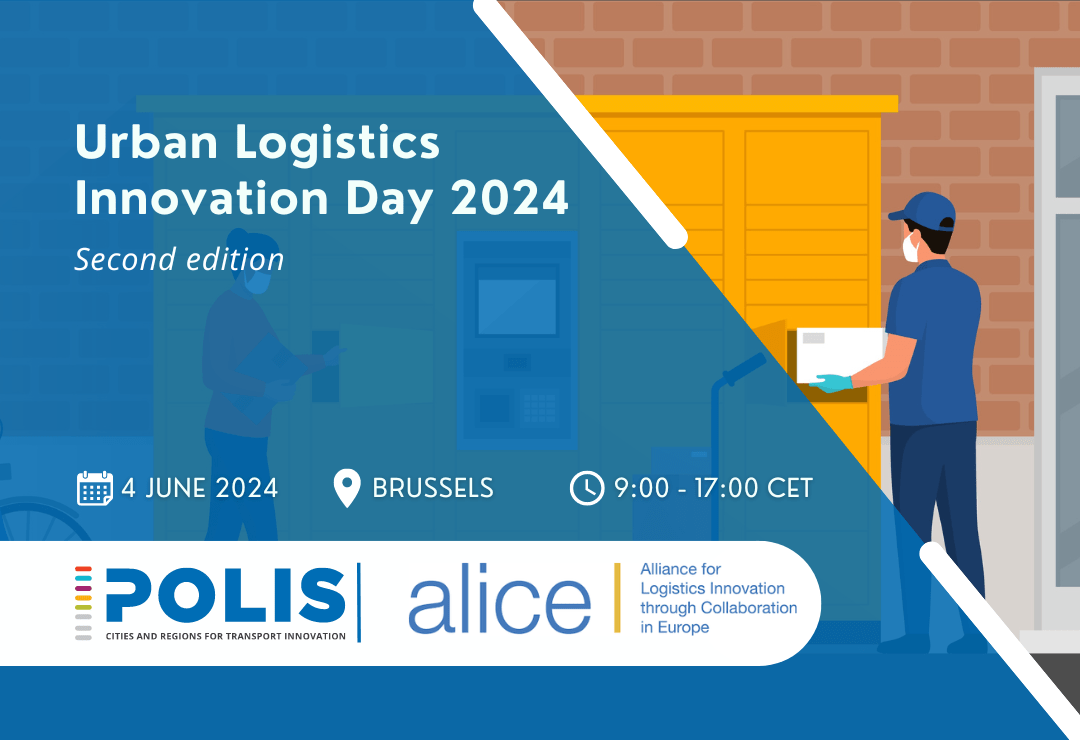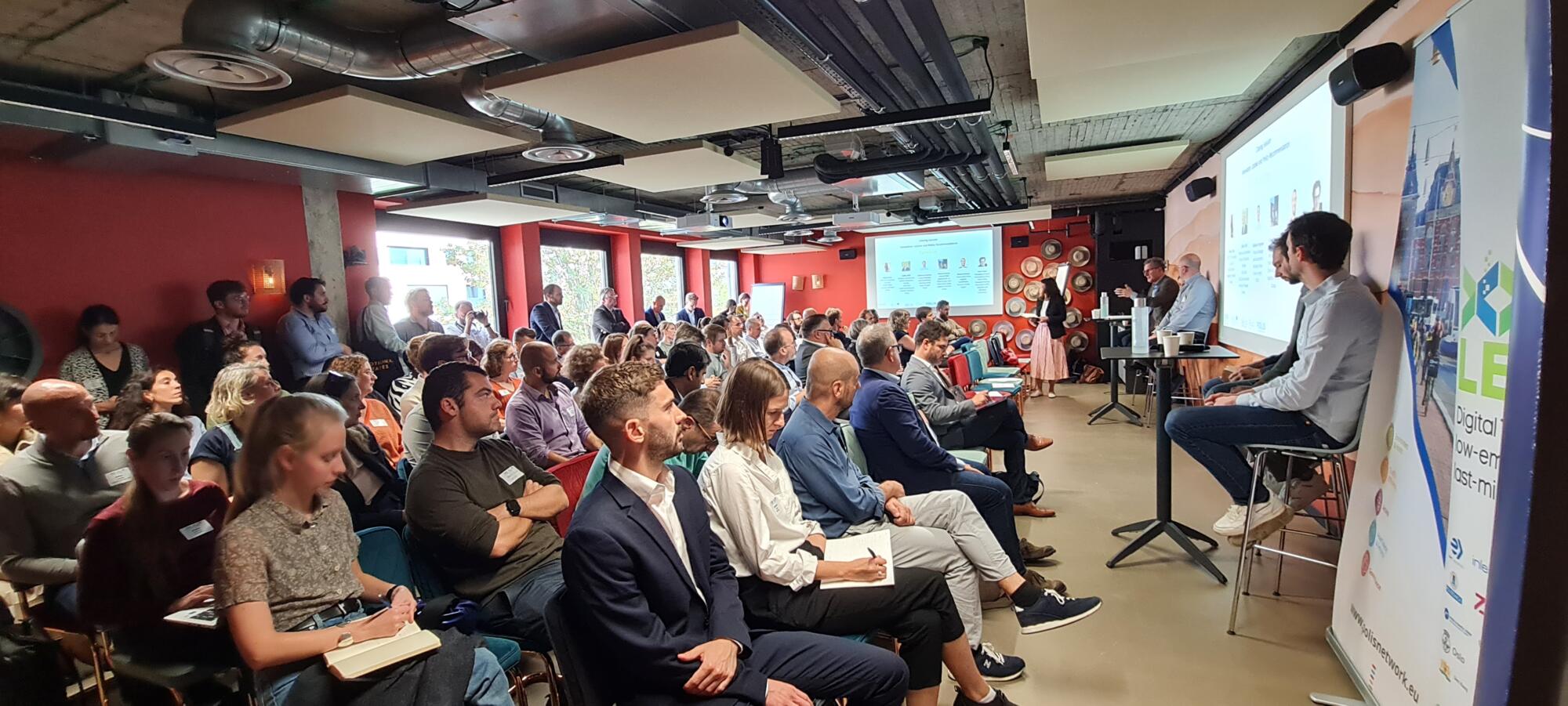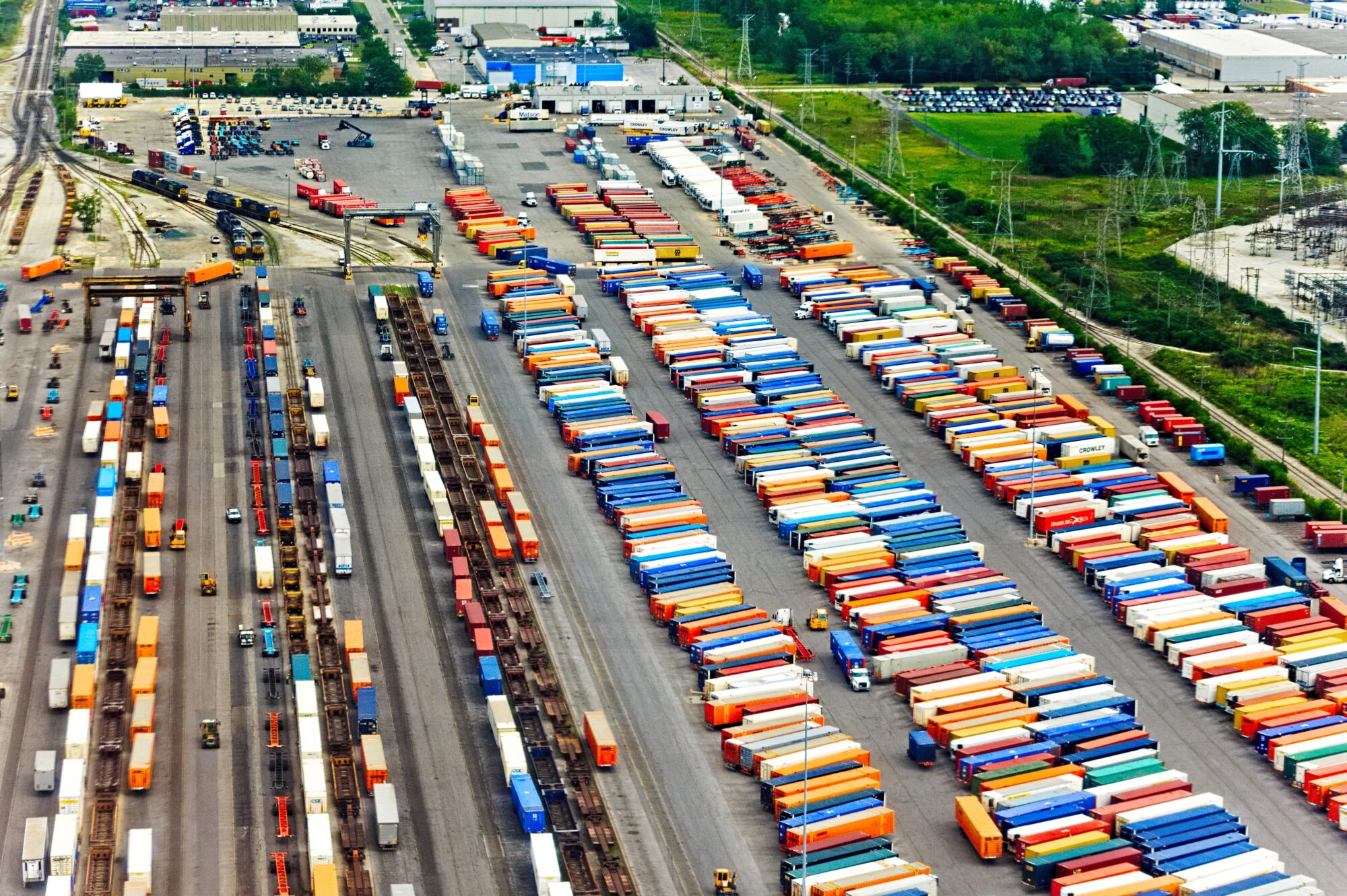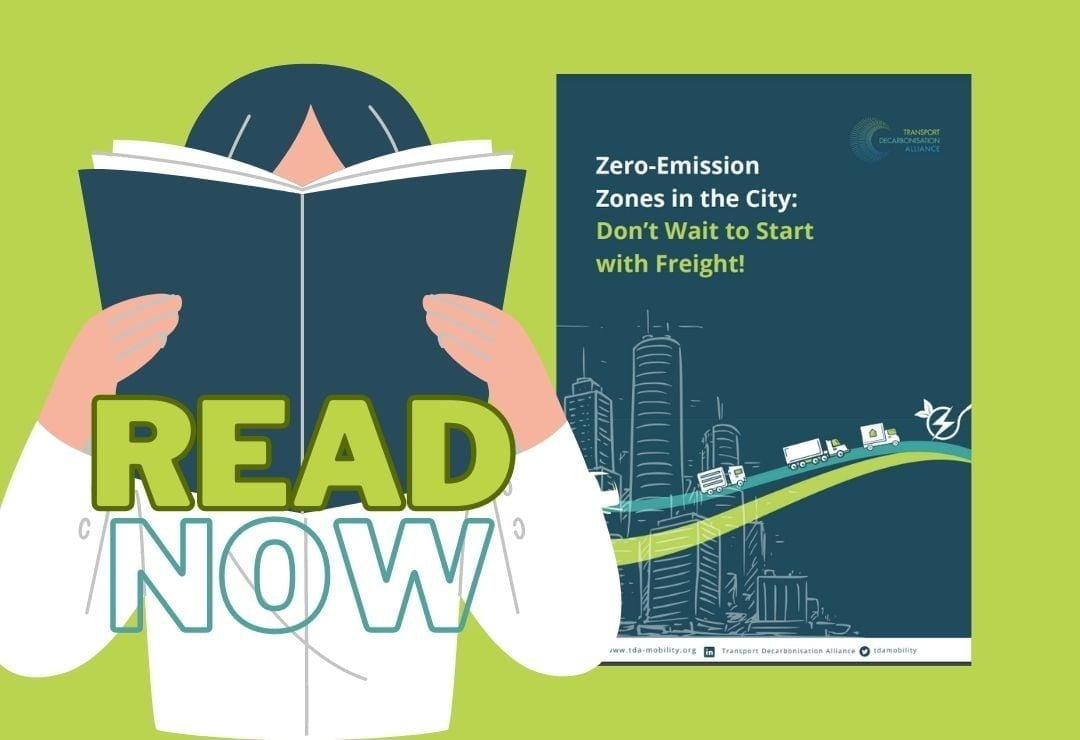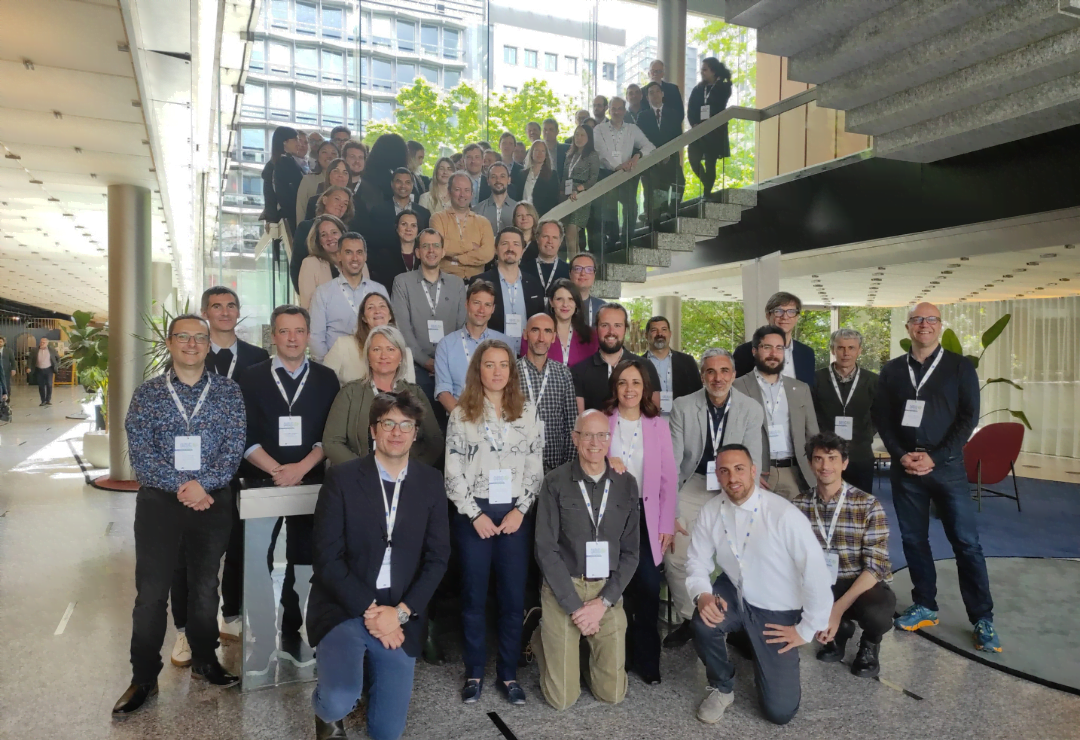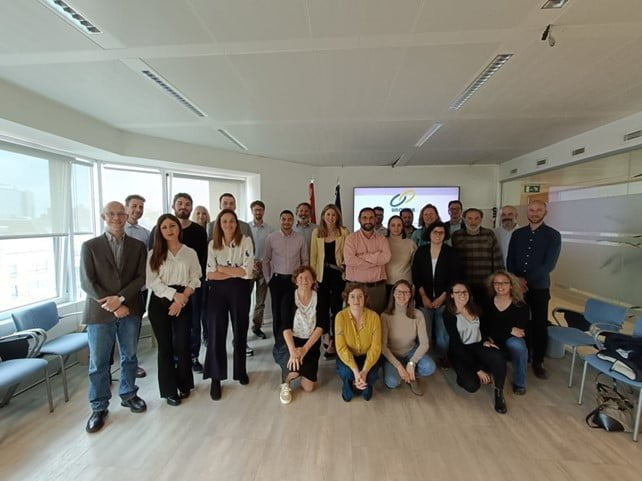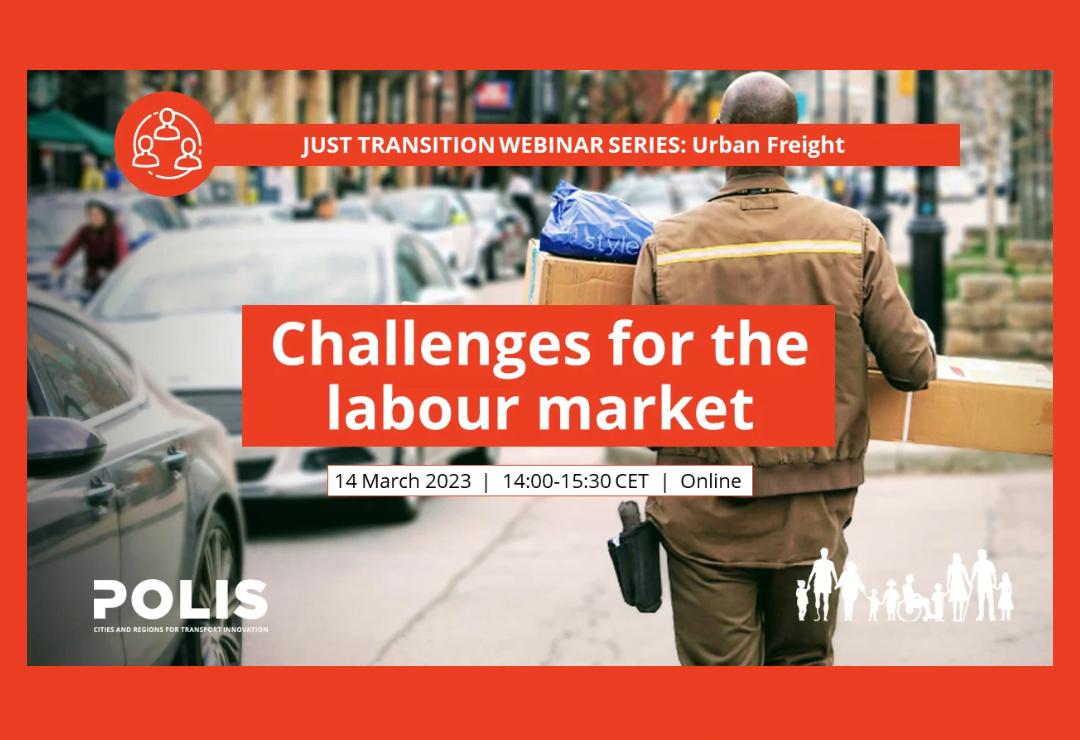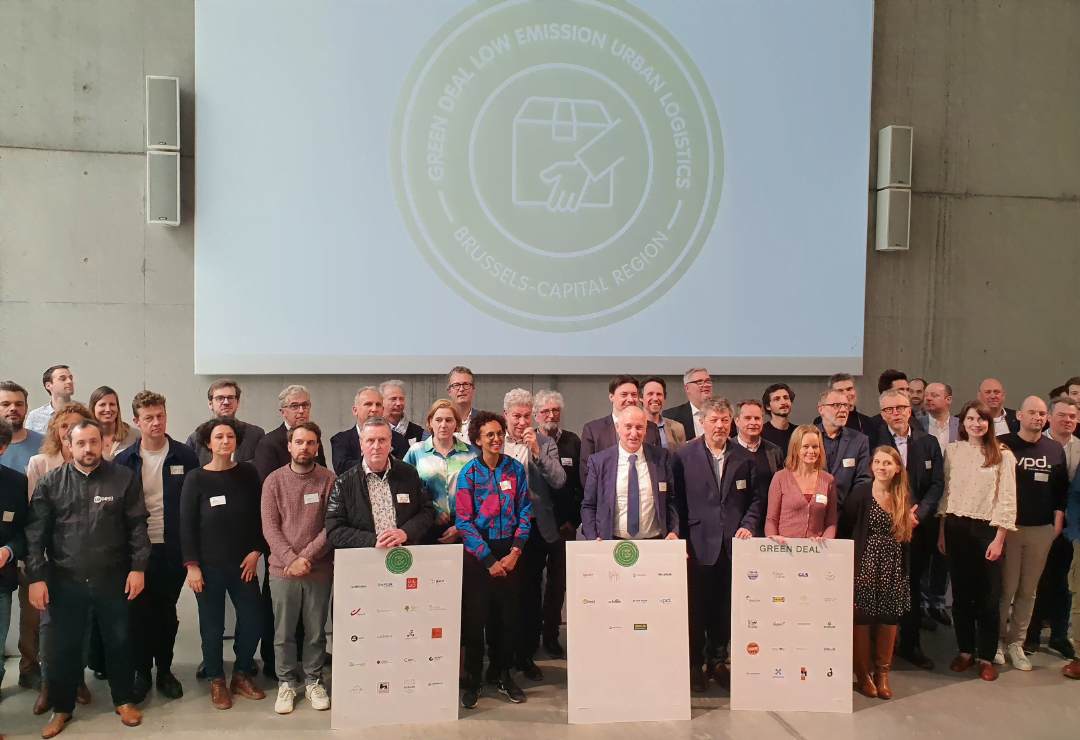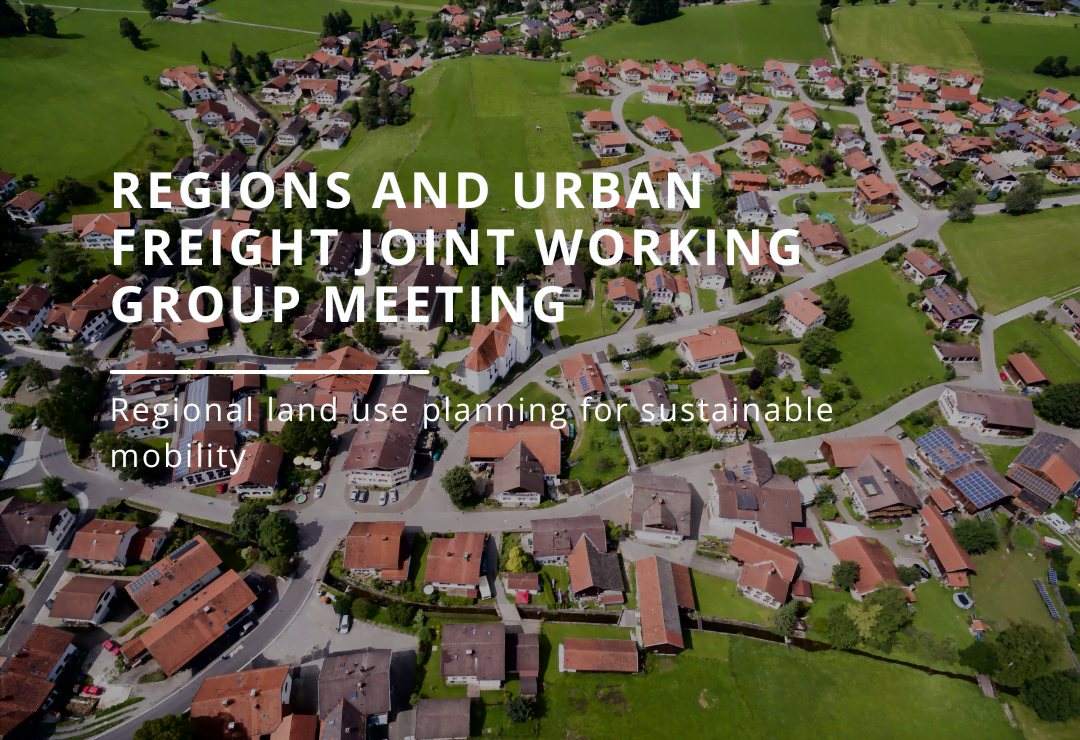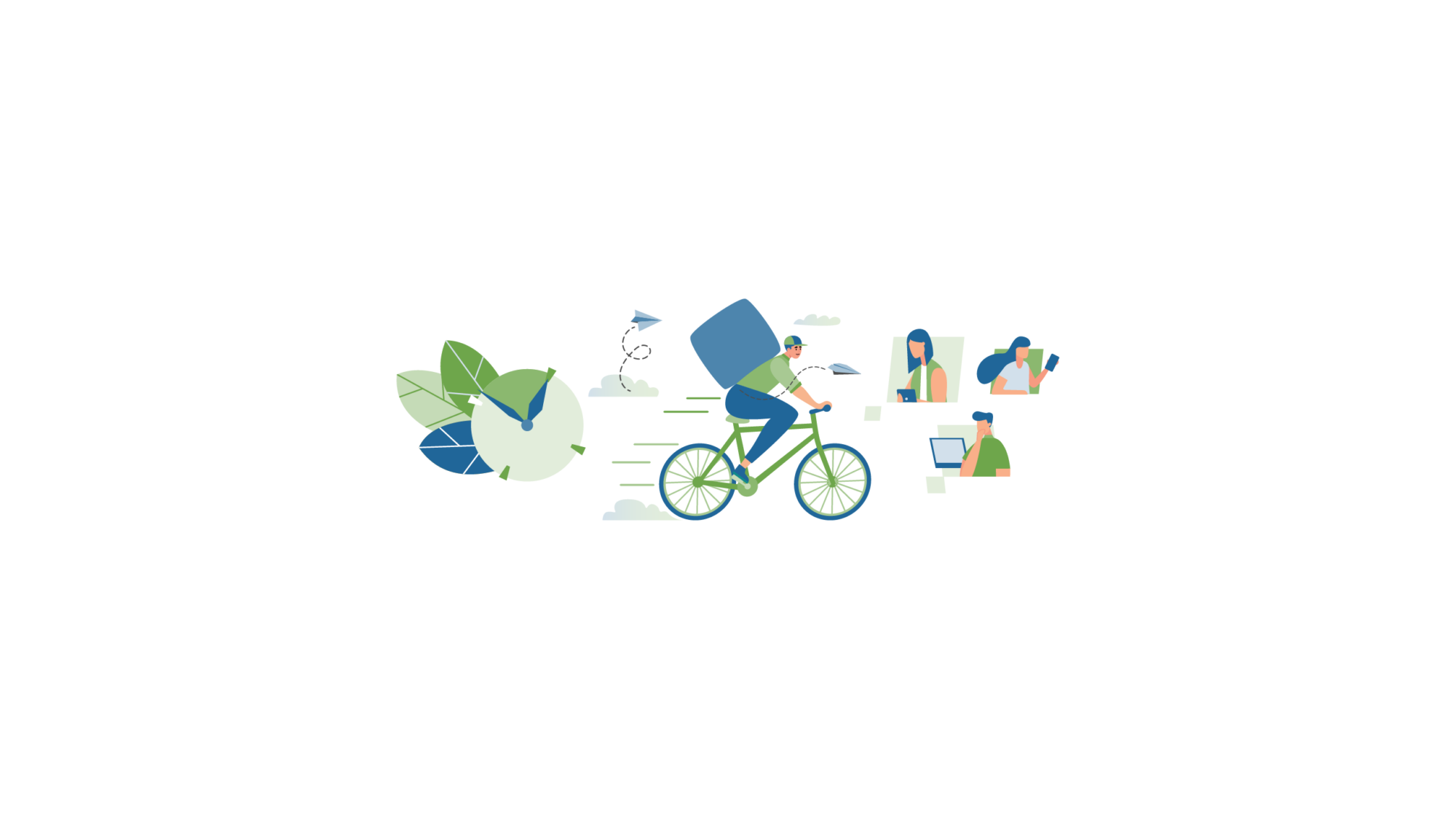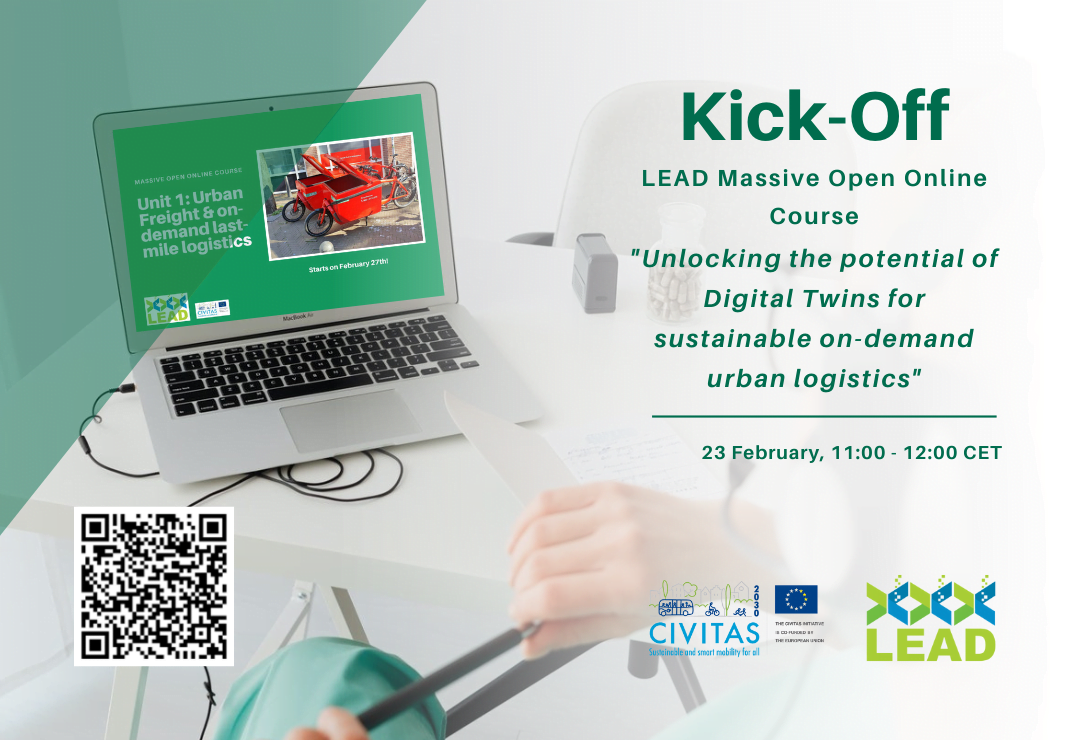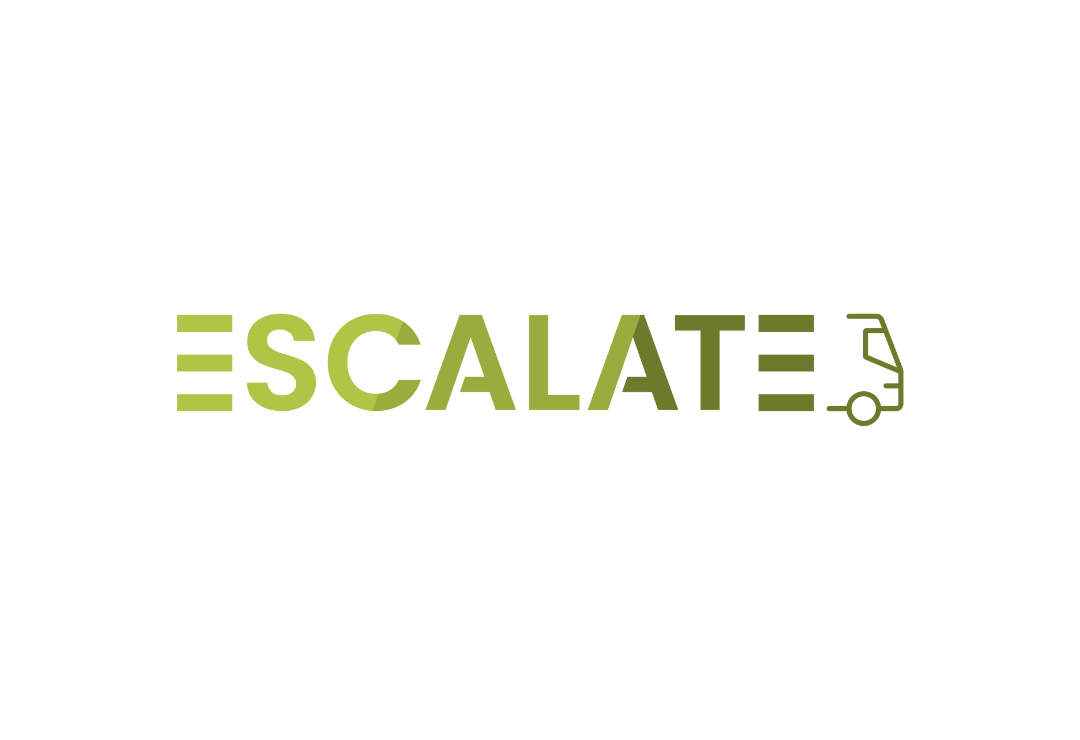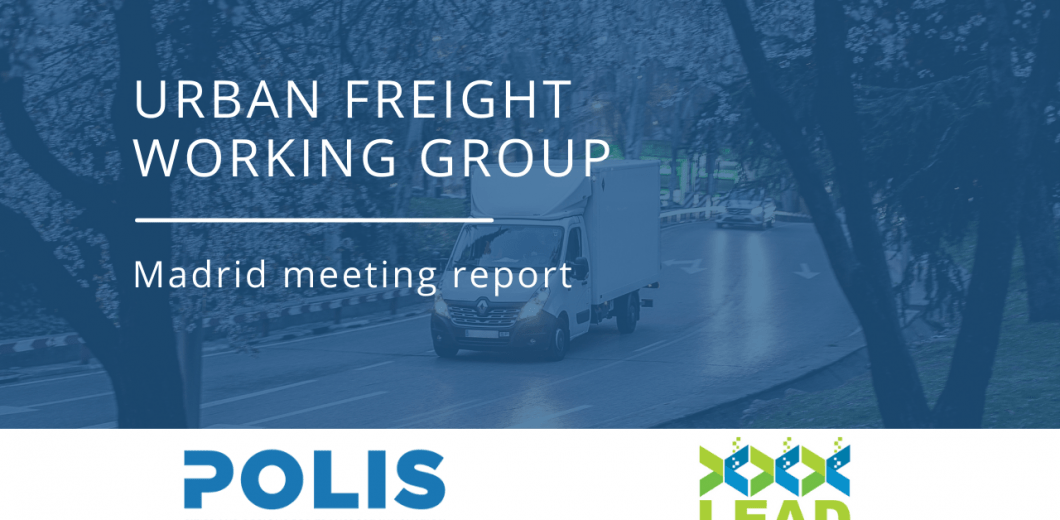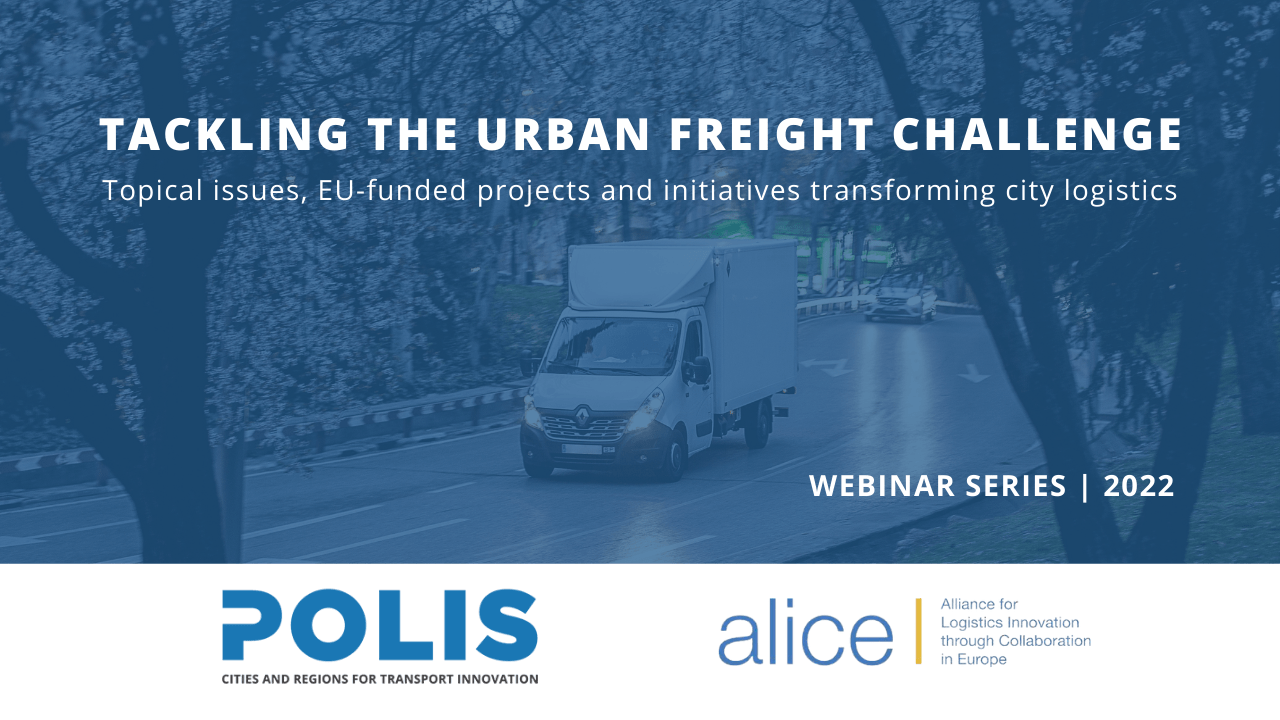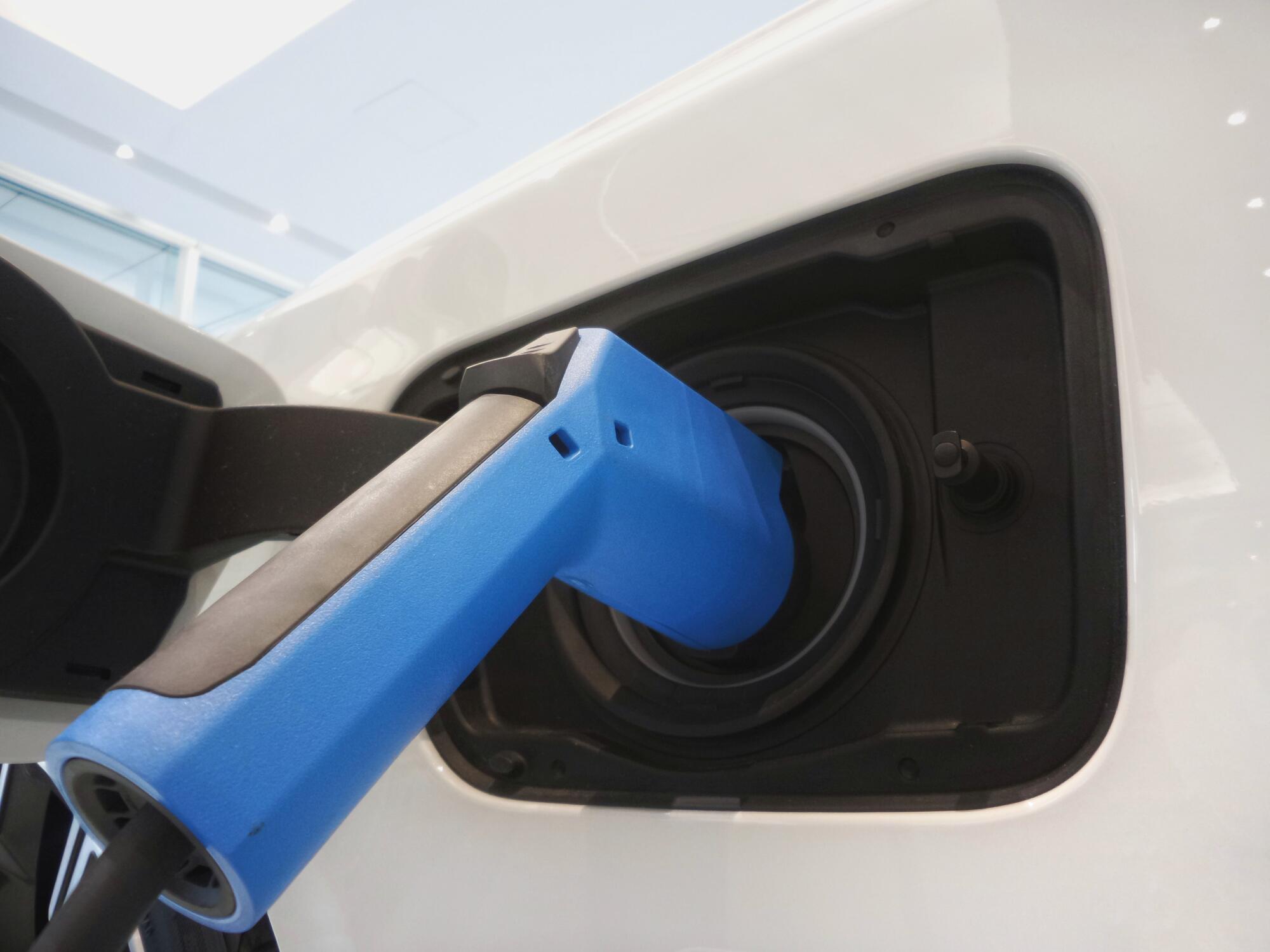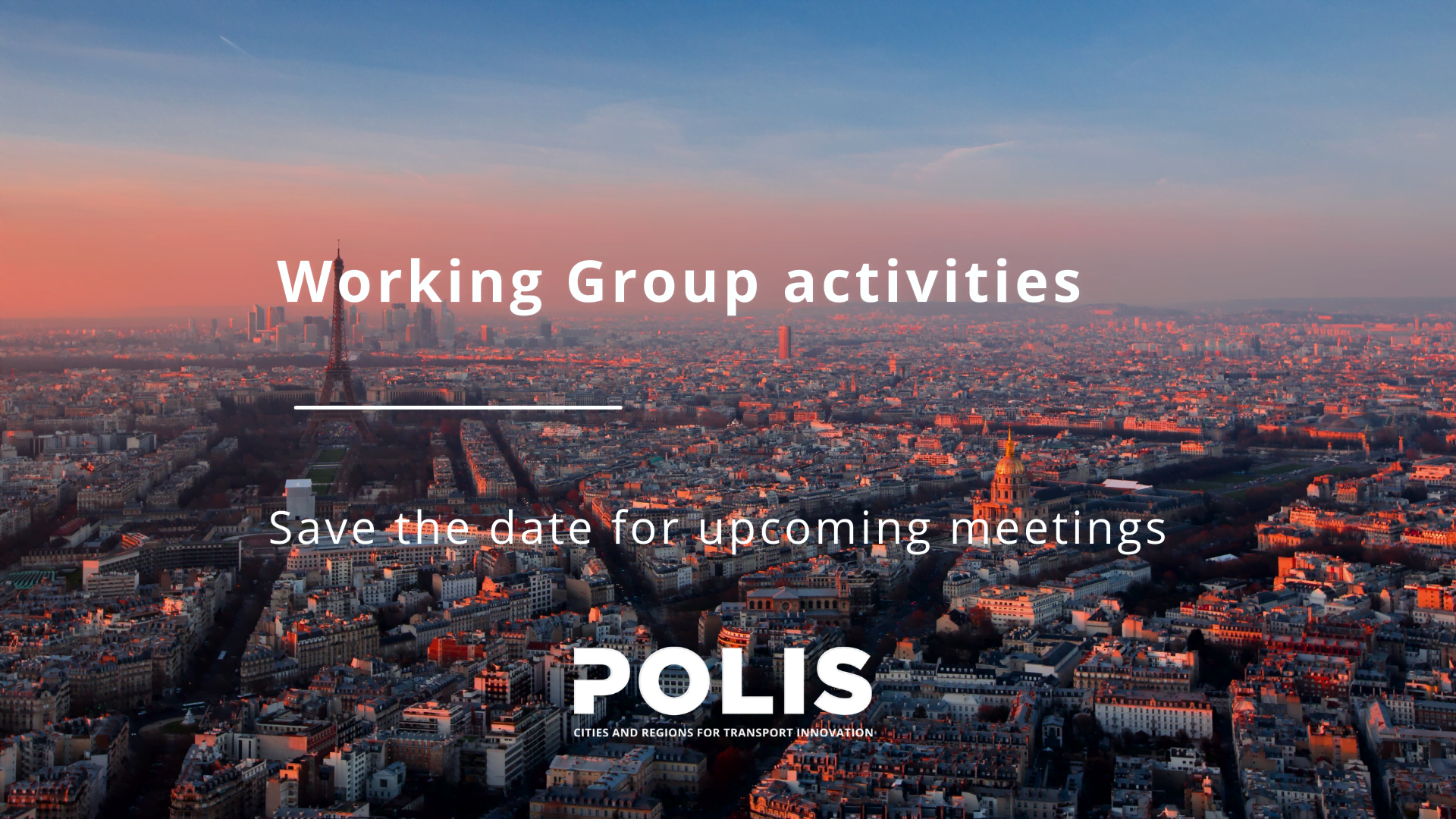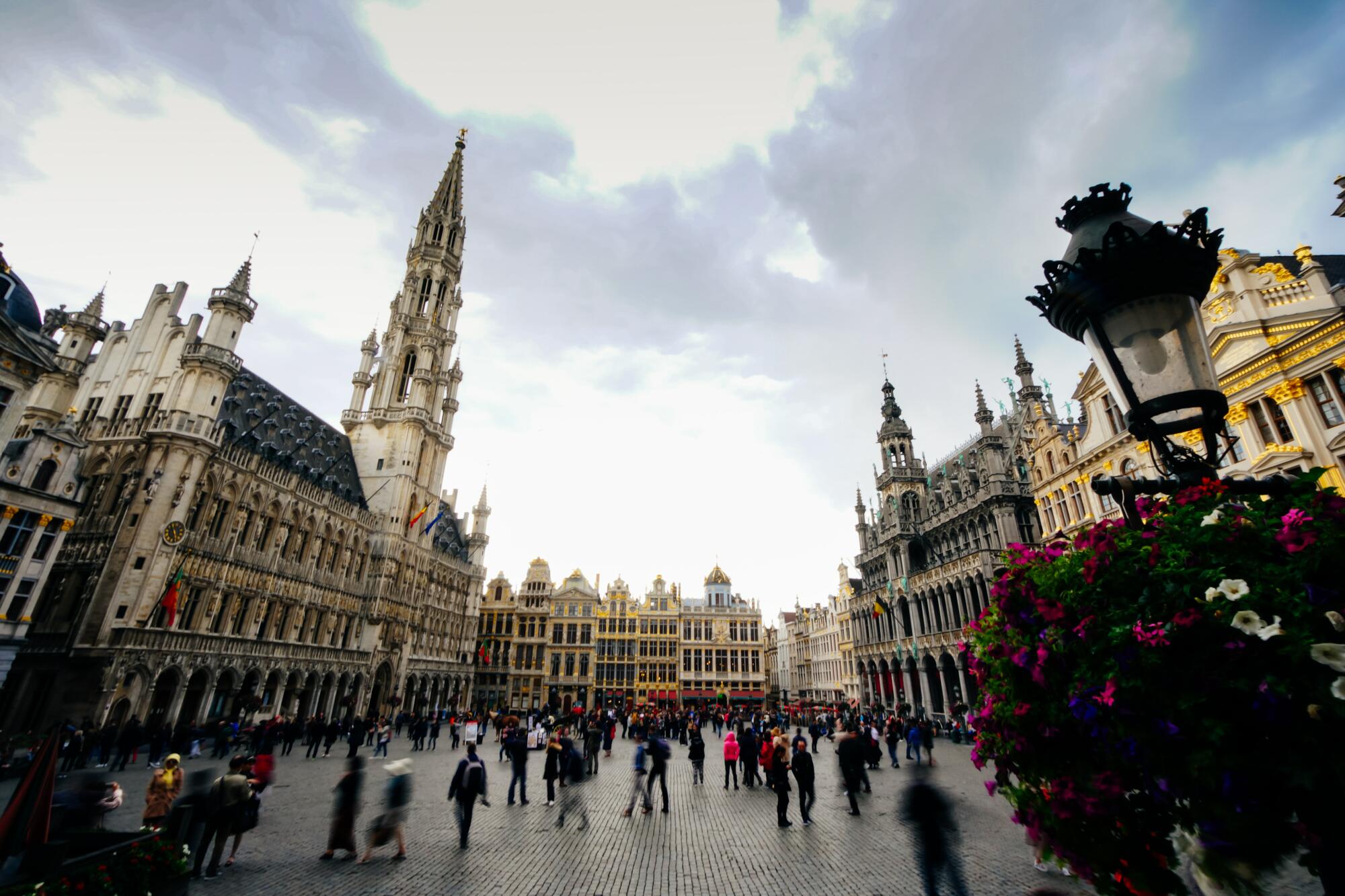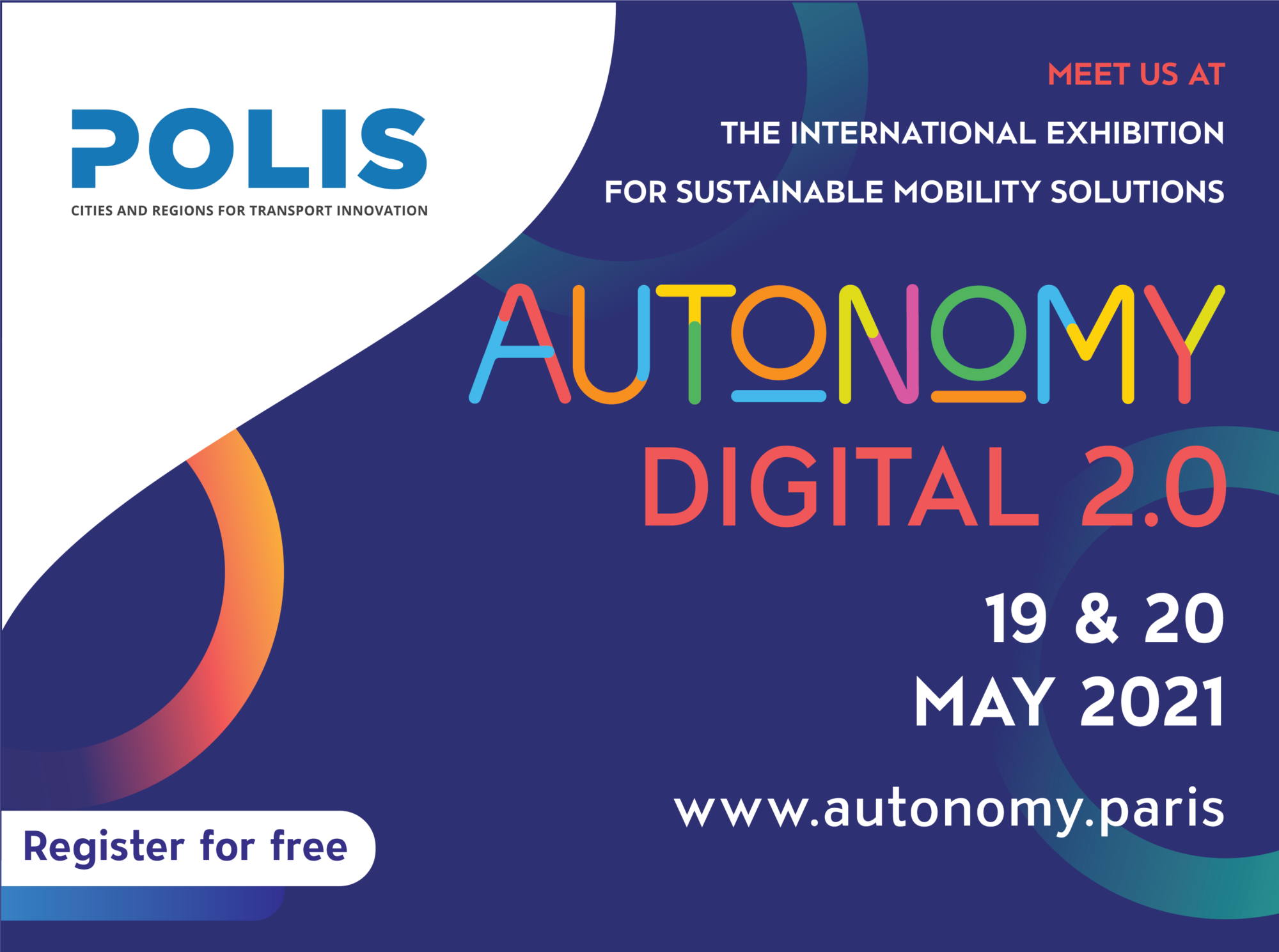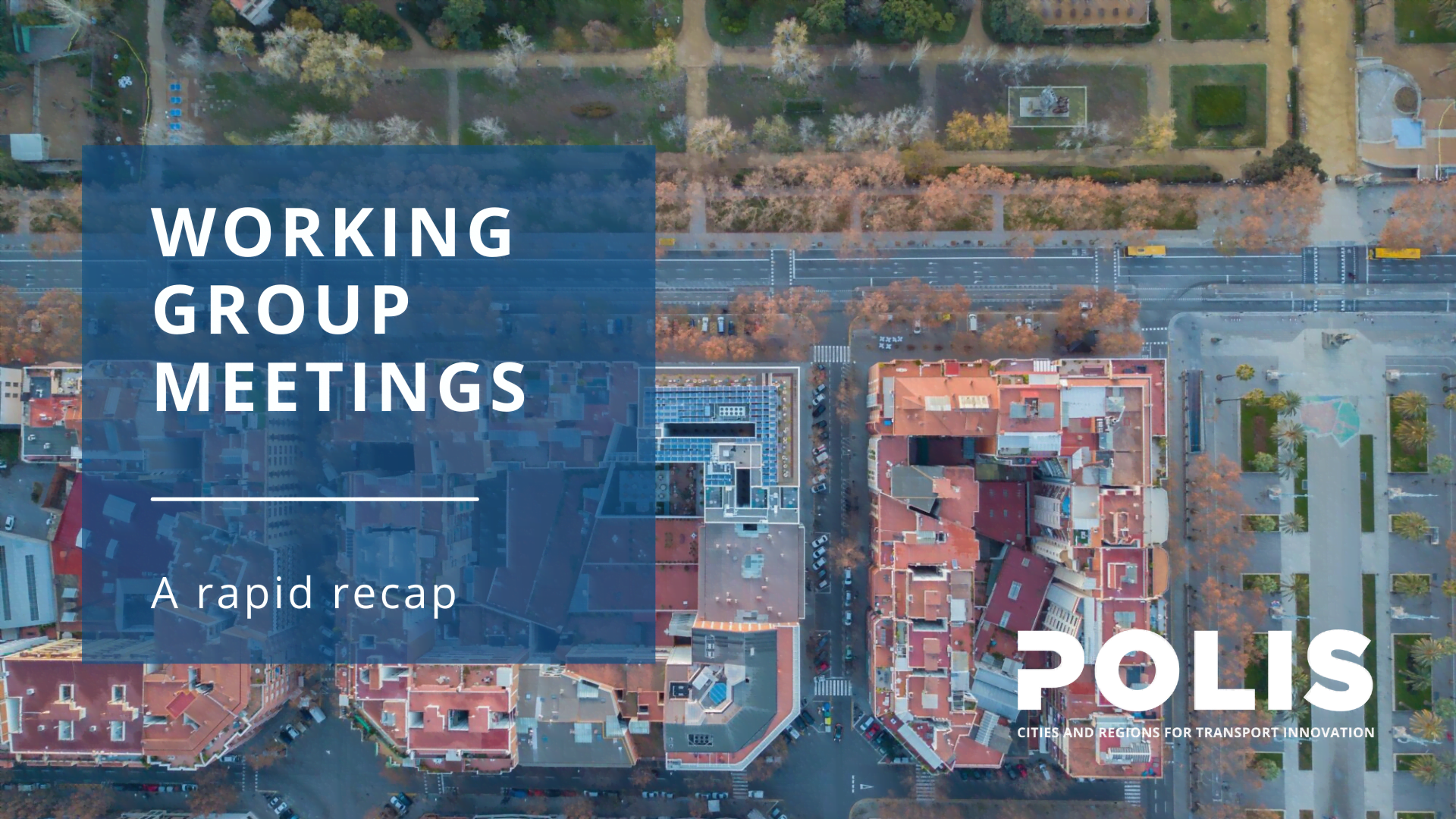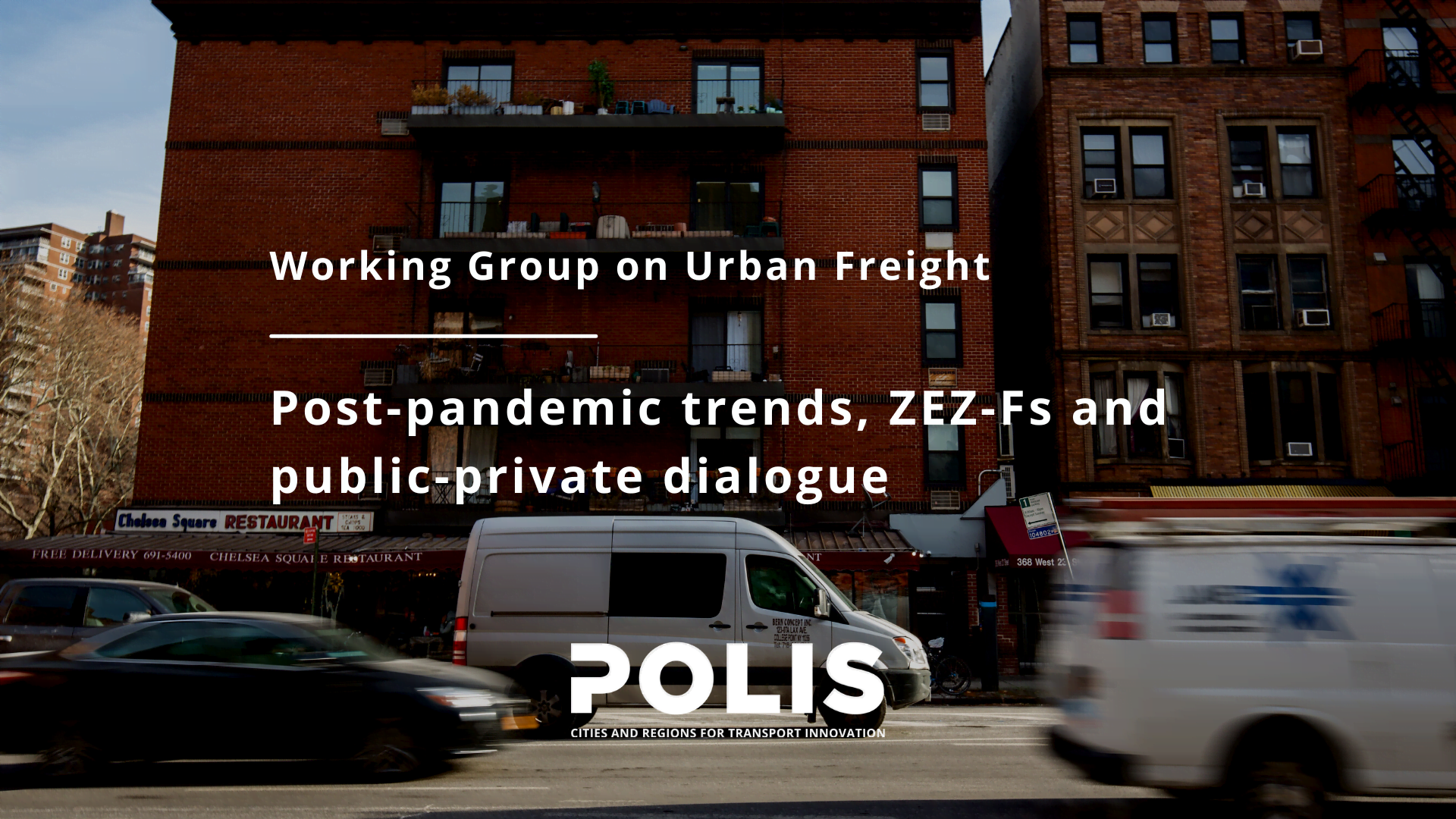Urban Freight
The Urban Freight Working Group addresses the broad topic of freight distribution, last mile delivery and collection from a strategic and technical standpoint.
The Urban Freight Working Group is engaged in peer-to-peer exchange to share best practices on sustainable urban freight systems.
To achieve sustainable mobility, it is crucial to tackle freight transport’s adverse impacts. With heightened concerns over air pollution, climate change, congestion, and safety, logistics plays a key role in transitioning to sustainable urban mobility, with urban freight a top priority for POLIS and its members.
The Urban Freight Working Group (UF WG) provides cities and regions with a platform to address challenges, share best practices, and enhance collaboration with companies, prioritizing topics and expediting innovative solutions. Regular UF WG meetings facilitate discussions on urban freight challenges, fostering collaboration among POLIS members and beyond for sustainable solutions.
As a member of the Alliance for Logistics Innovation in Europe (ETP-ALICE), POLIS fosters public-private dialogue through annual online webinars and in-person meetings to devise cleaner, more efficient urban logistics solutions. Since 2019, POLIS and ALICE have collaborated strategically, solidifying a well-regarded partnership culminating in a 2023 Memorandum of Understanding.
The POLIS-ALICE Joint Guide brought together the views of a wide range of stakeholders and experts to guide local and regional authorities and companies to address five key areas of intervention for taking sustainable urban freight to the next level.
POLIS is a partner within several logistics-focused EU-funded projects, notably URBANE, GREEN-LOG, DISCO, UNCHAIN, MOVE21, MoloHubs, and focused on road freight decarbonisation such as NextETRUCK and ESCALATE. The UF WG promotes a blended learning and exchange programme to take advantage of the opportunities offered by EU-funded projects.
The WG also partners with the European Clean Trucking Alliance (ECTA), the Platform for ElectroMobility (PfEM), Transport Decarbonisation Alliance (TDA) and the European Defense Fund Europe among others.
Relevant publications
Most relevant and recent reports published, focusing on urban freight:
- POLIS, TDA, C40 (2023). How to Guide – Zero-Emission Zones in the City: Don’t Wait to Start with Freight!
- Final report of the SURF (Sustainable URban Freight) project (2022), a collaboration with the Environmental Defense Fund Europe. Online e-course providing tools to effectively develop a zero-emission zone for freight (ZEZ-F).
- POLIS & ALICE (2021). Cities, regions and companies working together. Joint Guide for advancing towards zero-emission urban logistics by 2030.
- POLIS, TDA, C40 (2020). How to Guide – Zero-Emission Zones: Don’t Wait to Start with Freight!
- Digital Twins for last-mile low-emission logistics. Policy recommendations from the LEAD EU-funded project, and additional learning available in the Massive Open Online Course (MOOC) titled “Unlocking the potential of Digital Twins for sustainable on-demand urban logistics”.
Topic priorities for 2024
Our current topic priorities for 2024 are the following:
- The adoption and integration of Sustainable Urban Logistics Plans (SULPs) as a planning tool to guide the transition to greener urban logistics.
- Zero-emission zones (ZEZ) for freight: planning approach, benefits and success factors.
- Typologies of agile storage, consolidation models and last-mile distribution schemes (micro hubs, multimodal hubs for passenger and freight, parcel lockers, cargo bikes etc.).
- Dynamic street and curbside management solutions for urban deliveries.
- The role of Physical Internet and Digital Twins in achieving inclusive, shared, and interconnected logistics networks at urban and regional scales.
- Impacts of increased e-commerce and instant delivery movements (digitalisation, labour issues).
- Road freight decarbonisation and the transition to zero-emission trucks: a game changer for logistics?
- Autonomous deliveries, Artificial Intelligence (AI), robotics: are they coming faster than we think?
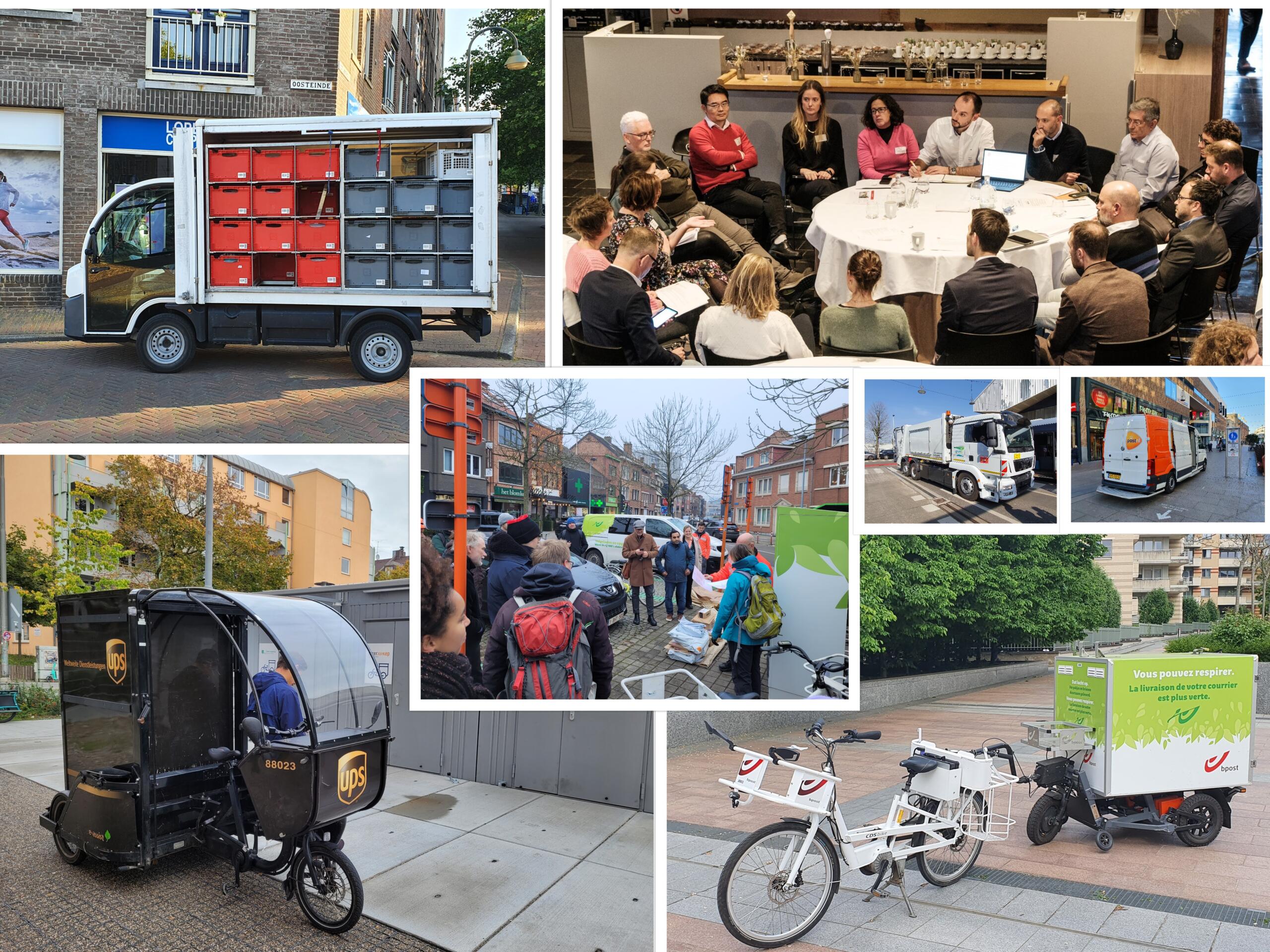
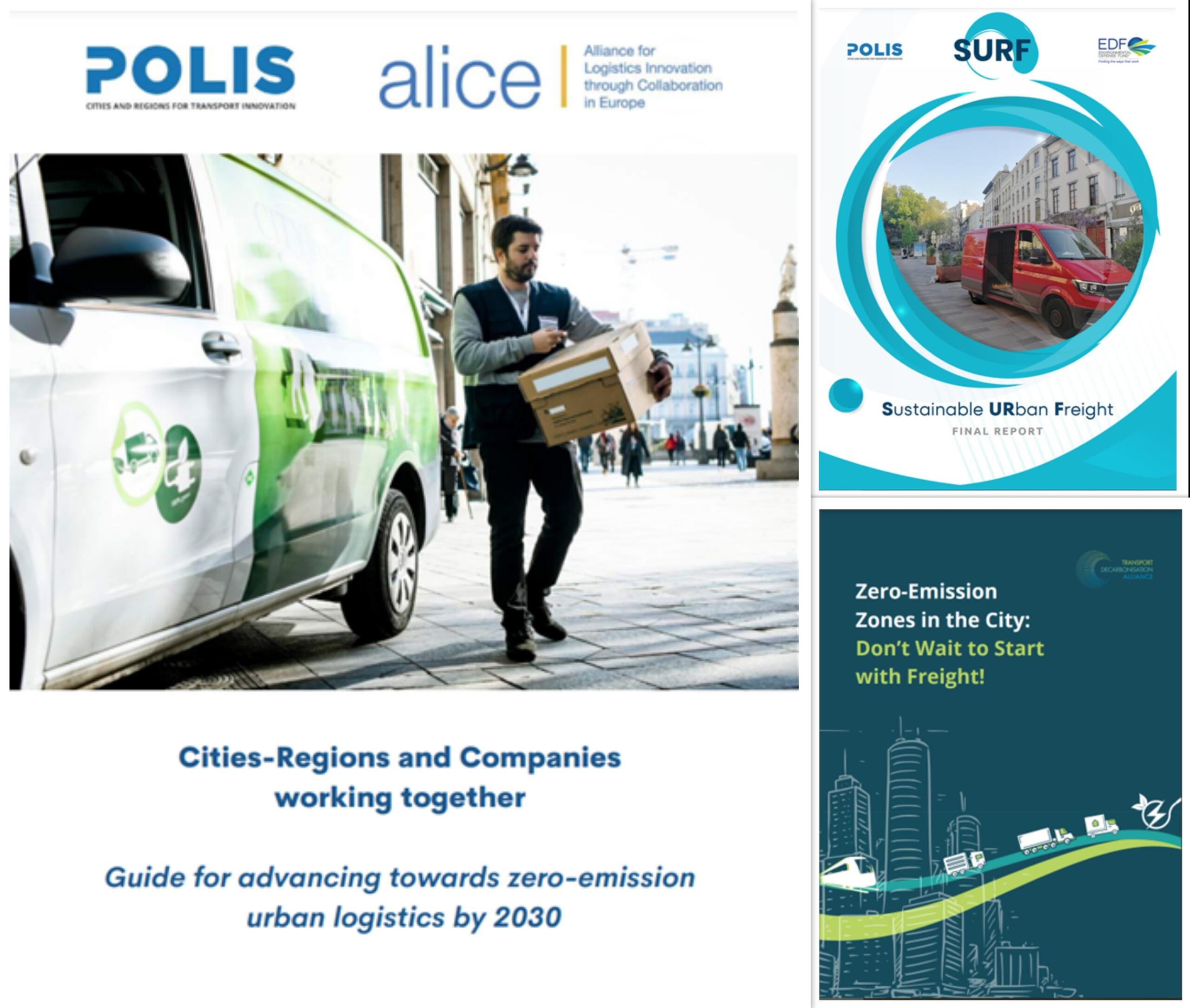
Photos: © Raffaele Vergnani, POLIS
More information
To know more, get in touch with Raffaele Vergnani, Jonathan De Vriendt

